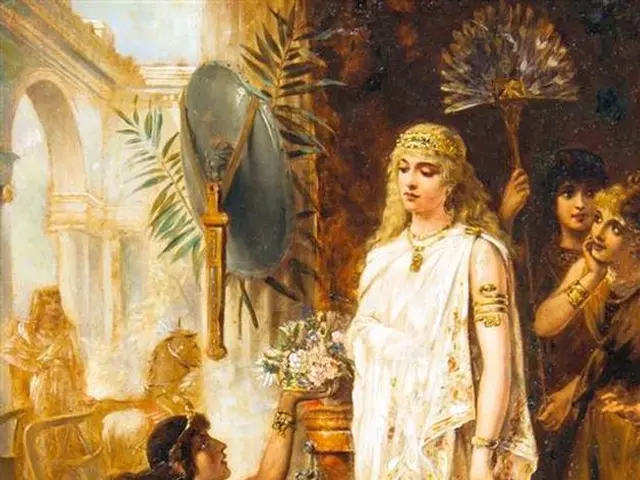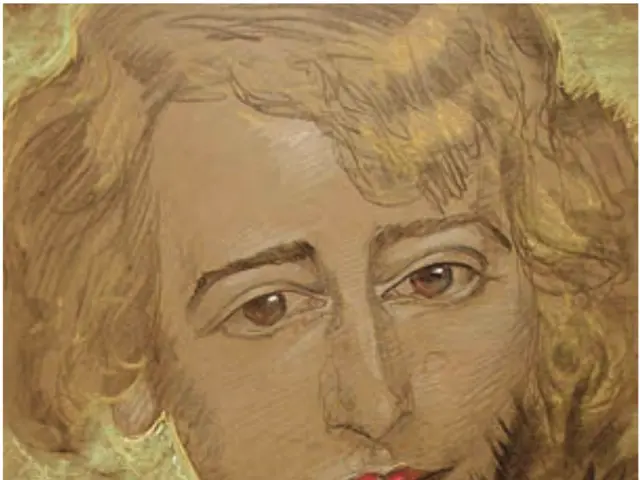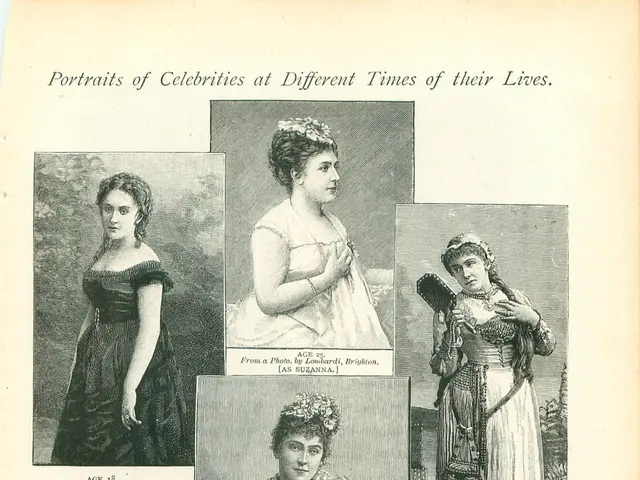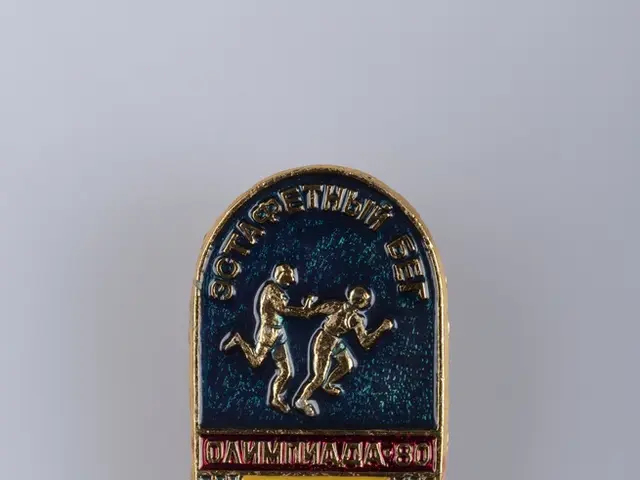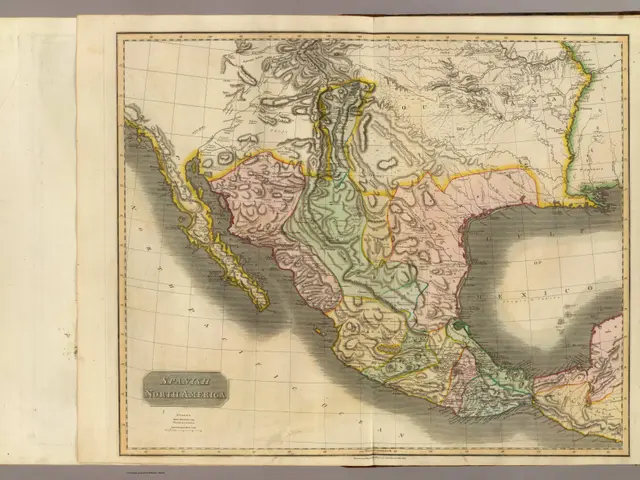Predictions Regarding the Future, Formulated by Isaac Newton More Than Three Centuries Ago
Humanity has been obsessed with the end of the world for ages. In 2012, folks hoarded canned food and supplies, anticipating doomsday. Thankfully, nothing catastrophic happened globally on December 21, 2012. Is there anything to fear now? Are there prophecies that suggest a specific date? Sure, let's take a closer look at some folks' predictions, but remember to approach them with a grain of salt.
Every year, we hear about predictions from self-proclaimed psychics like Baba Vanga and Nostradamus. In most cases, their predictions often involve the end of the world in one way or another. However, it's difficult to believe in them at this point.
In the last couple of decades, another name has been floating around in predicting the end of the world – Isaac Newton, the renowned scientist. Based on information from his personal manuscripts, we know that he attempted to calculate the exact year of the apocalypse – 2060. Here's what we know.
Experts discovered Newton's effort to decipher biblical prophecies when his manuscripts were found in the National Library of Israel. They had been locked away for years in unsorted archives. After reading these previously unknown documents, it became clear that Newton also studied alchemy, occultism, astrology, and theology in addition to mechanics, physics, and mathematics.
In 1727, after Newton's death, thousands of pages focused on his "secret passions" were stored for over 200 years at the home of the Earl of Portsmouth. In 1936, most of the manuscripts were bought at auction by the Jewish scholar Abraham Yehuda and ended up in the National Library of Israel. That's where Newton's manuscript with the prophecy of the end of the world in 2060 is located.
However, it's essential to note that Newton's focus with prophecies was more philosophical and interpretive rather than predictive. He believed that prophecies were not meant to reveal future events but to be understood after they had occurred. This perspective is reflected in his statements on the folly of interpreters who try to foretell times and events through prophecy.
In conclusion, while Isaac Newton certainly had thoughts about biblical prophecies, he did not predict a specific date for the end of the world as certain doomsday theorists claim. Instead, he sought to understand their nature and interpretation. So, folks, let's chill and enjoy life to the fullest, leaving doomsday theorizing to the experts (or at least the impostors claiming to be Nostradamus or Baba Vanga).
- Isaac Newton, known for his contributions to physics, mathematics, and mechanics, also delved into less popular fields like alchemy, occultism, astrology, and theology.
- Contrary to some claims, Isaac Newton did not predicate a specific date for the end of the world in his manuscripts; instead, he focused more on interpreting biblical prophecies philosophically rather than predictively.
- In today's context, where predictions about medical-conditions, entertainment, and other topics are prevalent, it's crucial to approach claims of specific prophetic dates with skepticism, much like the ancient technology of astrology versus the advanced technology and science of modern predictive models.

